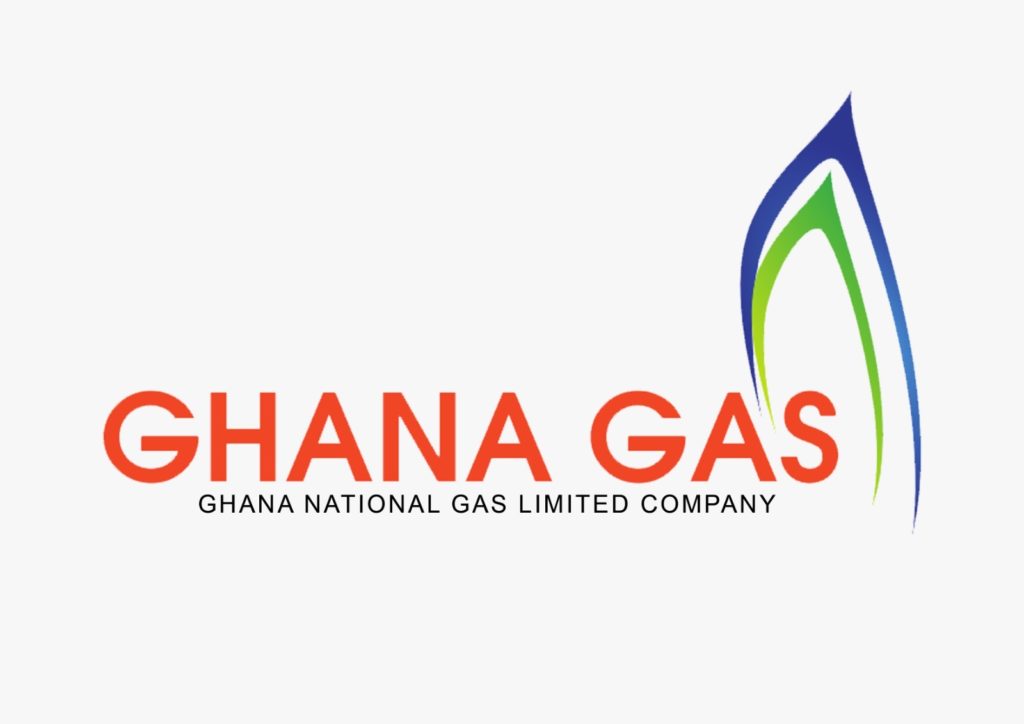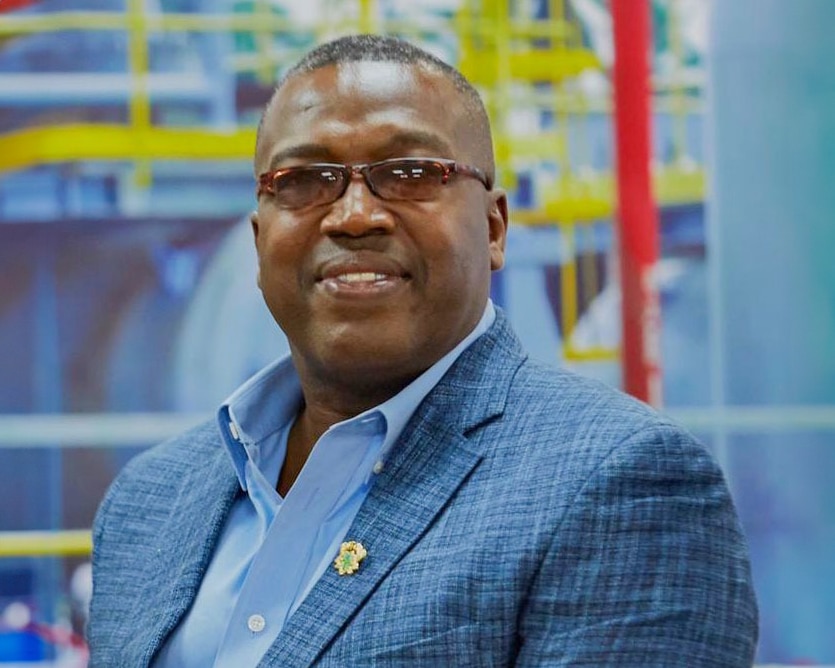
Ghana National Gas Company excels in constructing and operating natural gas infrastructure, ensuring steady supply, promoting sustainability, and fostering community development.
“We are committed to enhancing lives through our energy solutions, ensuring Ghana’s industrial growth and environmental responsibility.” Dr. Ben K.D. Asante, CEO of Ghana National Gas Company
Under the leadership of CEO Dr. Ben K.D. Asante, Ghana National Gas Company, or Ghana Gas, is making progress in the energy industry. Dr. Asante’s goal for the firm is clear and ambitious, motivated by a dedication to corporate success, employee advancement, and community benefit. “Our core motivation lies in making a tangible difference,” he adds, emphasizing a comprehensive approach to growth and development. Ghana Gas’ principal mandate is to construct, own, and operate the natural gas infrastructure required for the collection, processing, transportation, and sale of natural gas and its by products. The company’s activities work on a 24-hour basis, ensuring a steady supply of goods such as lean gas, LPG, condensates, and pentane. “We perform operations and maintenance regularly, adhering to stringent health, safety, security, and environmental standards,” Dr. Asante says.
The company’s infrastructure development is robust, with a focus on market diversification and expansion. “Our business development encapsulates daily operations, regular maintenance, and occasional expansion,” Dr. Asante says. This comprehensive approach ensures that Ghana Gas remains a reliable provider of natural gas for both power and industrial applications, supporting the nation’s energy needs.
A cornerstone of Ghana Gas’s operations is sustainability. Dr. Asante highlights the company’s role in reducing Ghana’s carbon footprint by substituting liquid fossil fuels with natural gas. “Using gas for power generation significantly cuts down CO2 emissions,” he says, pointing out that natural gas produces about 1.2 million tons of CO2 per year compared to 8.3 million tons from liquid fuels.
Loading...
Environmental responsibility extends beyond emissions reduction. Ghana Gas employs measures to capture fugitive emissions and prevent gas leaks, utilizing advanced leak detectors at all processing sites. “Our existence as a company is an environmental safeguard,” Dr. Asante asserts, underscoring the importance of sustainable practices in all facets of their operations.
One of Ghana Gas’s major initiatives is the development of a second gas processing facility. This plant, which is expected to be completed in the first quarter of 2026, will expand the company’s ability to manage growing gas output. “This second plant will boost our power generation and expand industrial applications of gas, including mineral processing and residential heating,” Dr. Asante says. The project also seeks to create nitrogenous fertilizers and compressed natural gas, which will help with agricultural expansion and greener transportation.
Ghana Gas is deeply invested in community development. Through a comprehensive corporate social responsibility program, the company has made substantial contributions to healthcare, education, water and sanitation, and sports infrastructure. “We strive to be good corporate citizens, starting with project- affected communities and extending our support to other regions,” Dr. Asante says.
Innovation is at the heart of Ghana Gas’s operations. The company leverages scientific knowledge for practical applications, promoting secondary uses of gas beyond power generation. “We need to find innovative ways to use gas as a transition fuel to complement renewable energy,” Dr. Asante says, highlighting initiatives like carbon capture and the use of gas for vehicular transport.
Building local intellectual capital is crucial for sustaining the industry. Dr. Asante, who also serves as a university professor, is dedicated to training young engineers and technicians. “Since 2017, our plants and pipelines have been operated by Ghanaians, thanks to our focused training programs,” he says. This emphasis on local expertise not only reduces operational costs but also ensures long-term industry sustainability.
Ghana Gas actively seeks private sector participation and foreign investment. “Our plans are publicly shared to attract potential partners,” Dr. Asante says. One notable partnership is the collaboration with local and foreign companies for the second gas processing plant. “This project exemplifies successful public-private partnerships,” Dr. Asante says, demonstrating the benefits of collaborative efforts in achieving significant milestones.
As Ghana positions itself as a leader in West Africa’s energy industry, Dr. Asante remains confident about the country’s future, stating, “I have high hopes that Ghana will become energy independent and a pivotal energy supplier in the region.”
Loading...
